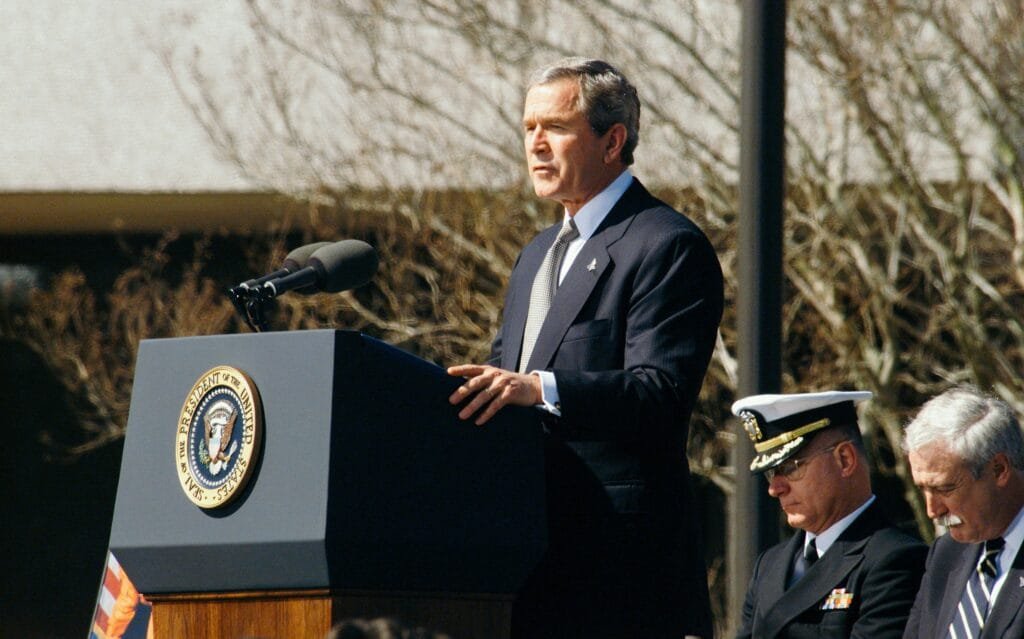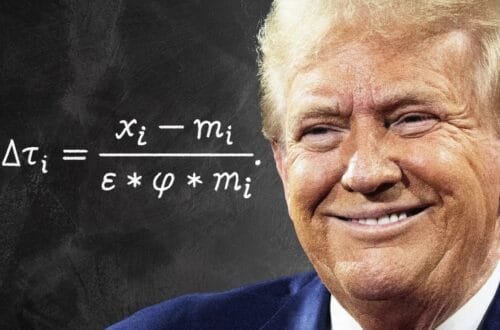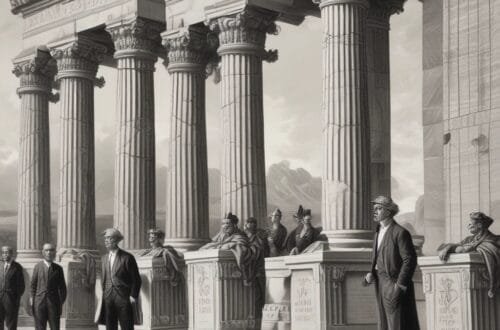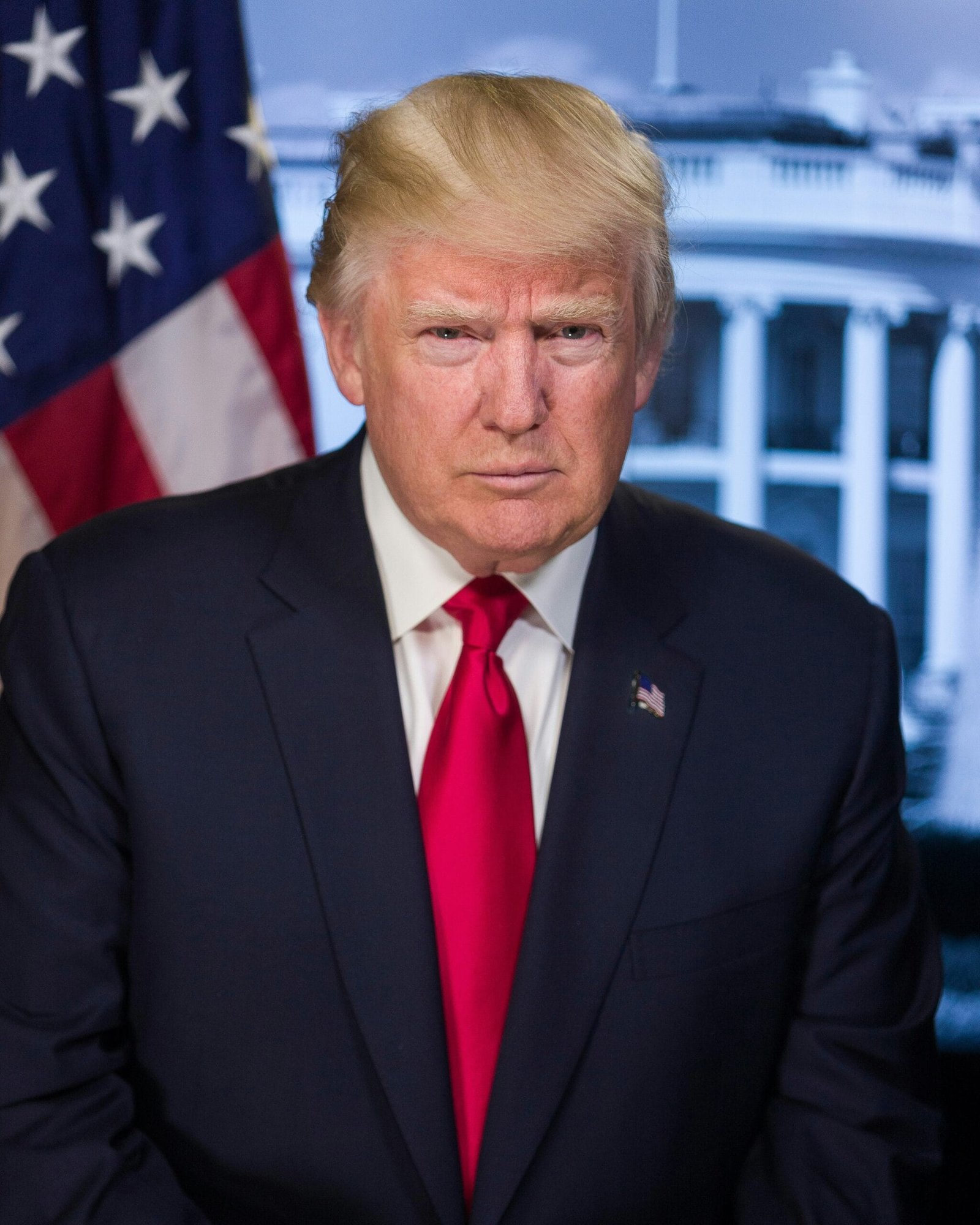The Authority of the President: A Historical Perspective

The Significance of Presidential Authority
The powers of the president have always been a subject of debate within the political landscape of the United States. Several figures in history have emphasized the importance of unwavering support for presidential decisions, a sentiment echoed by prominent advisors and historical leaders alike. For instance, Stephen Miller, a senior policy adviser, once stated, ‘the powers of the president will not be questioned.’ This statement reflects a broader perspective that values authority and the need for unity in the executive branch.
Criticism and Moral Responsibility
While the call for allegiance to presidential authority can be compelling, it raises important questions about the role of criticism in a healthy democracy. Theodore Roosevelt articulated the dangers of blind loyalty, cautioning that to demand unwavering support for the president can be ‘not only unpatriotic and servile, but is morally treasonable to the American public.’ His perspective underscores the essential function of critical discourse as a cornerstone of democratic society.
The Balance of Power and Civic Duty
Effective governance relies on a delicate balance between respect for presidential power and the obligation of citizens and officials to question and challenge authority when necessary. Upholding democratic principles requires a commitment to accountability and transparency, ensuring that the president’s actions align with the moral and ethical expectations of the electorate. Engaging in constructive criticism is not merely a right; it is a civic duty that nurtures the health of the nation.




